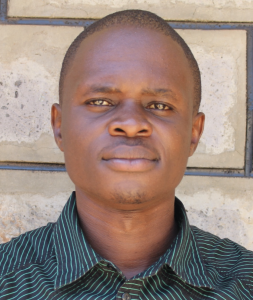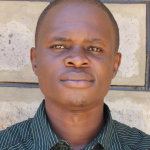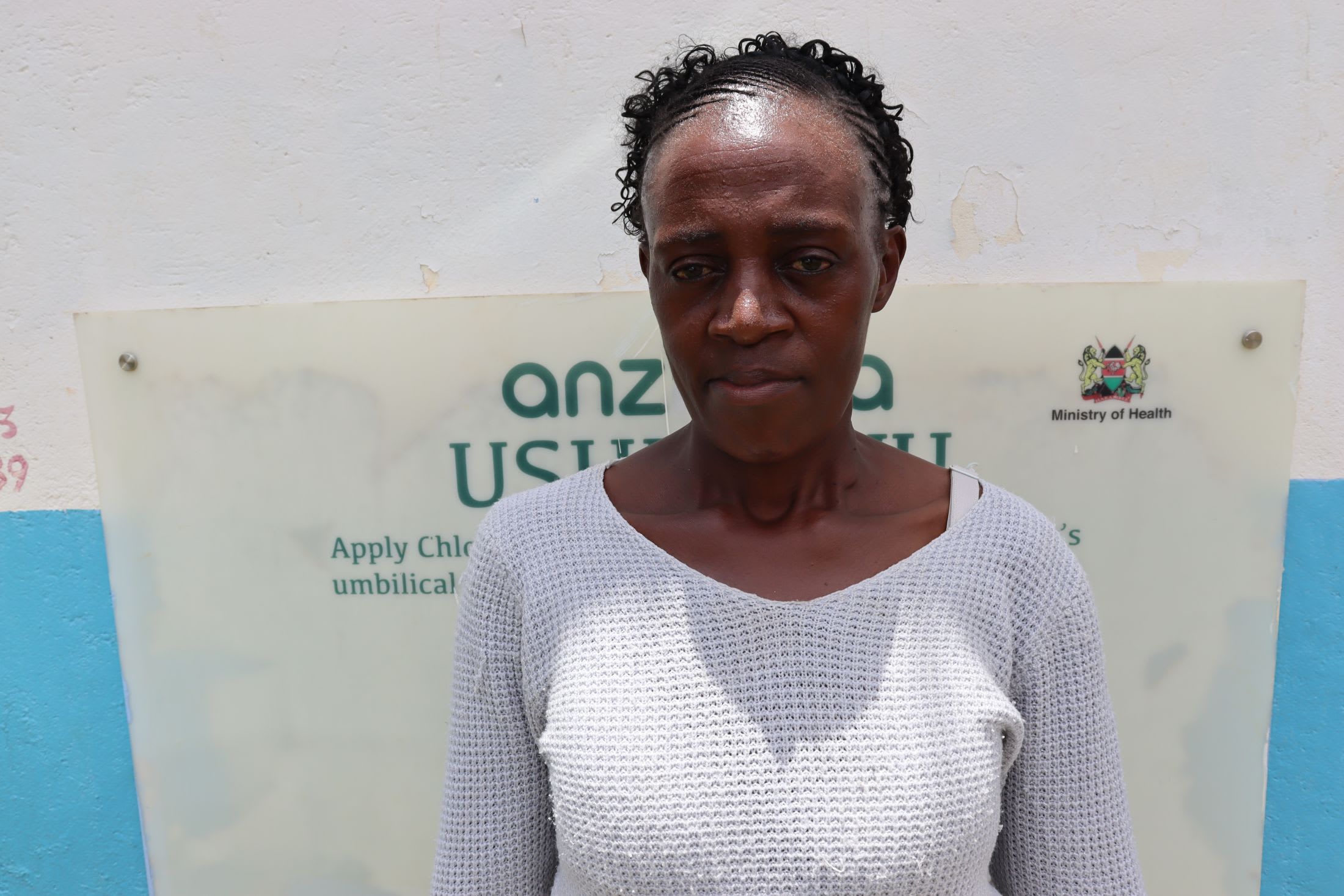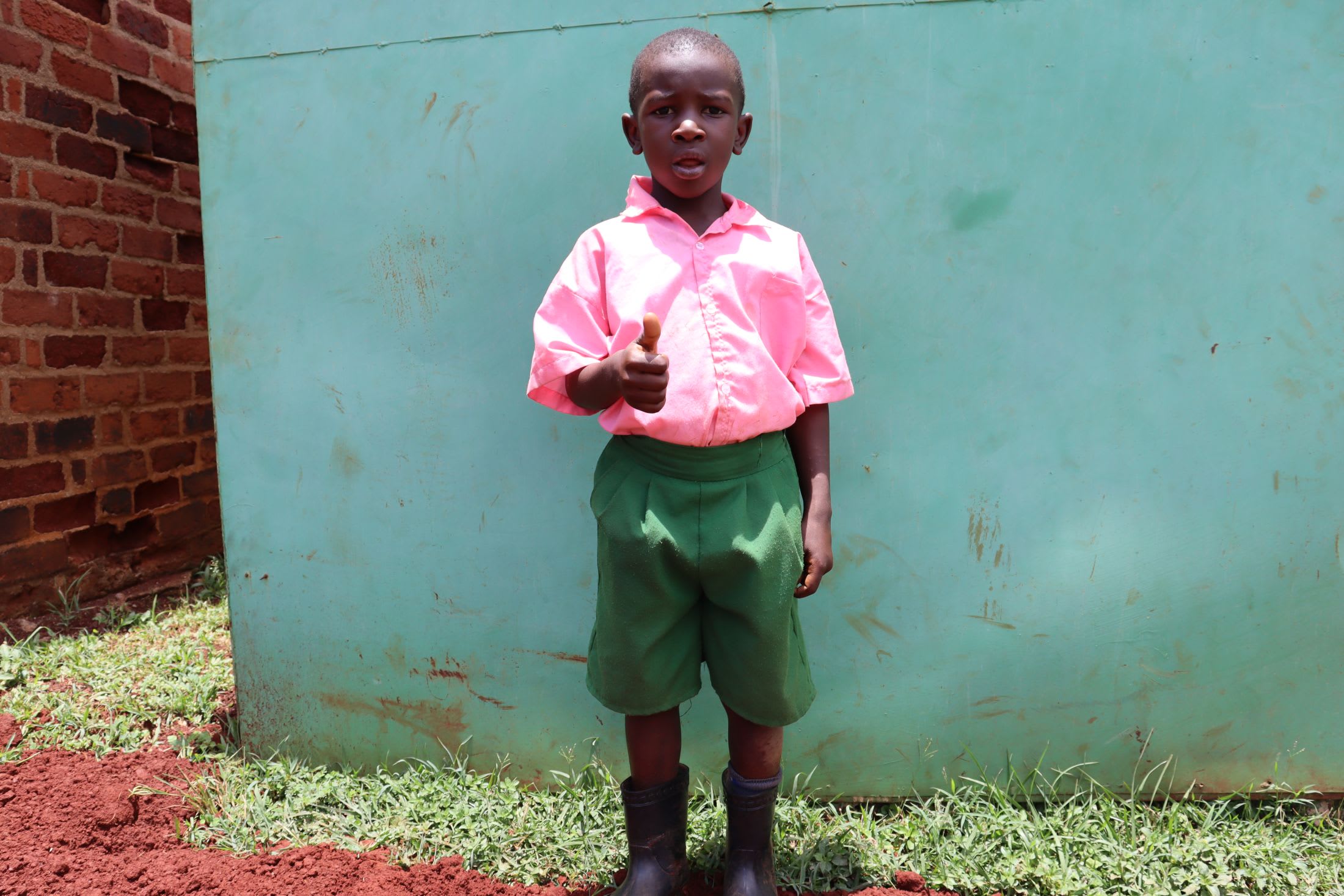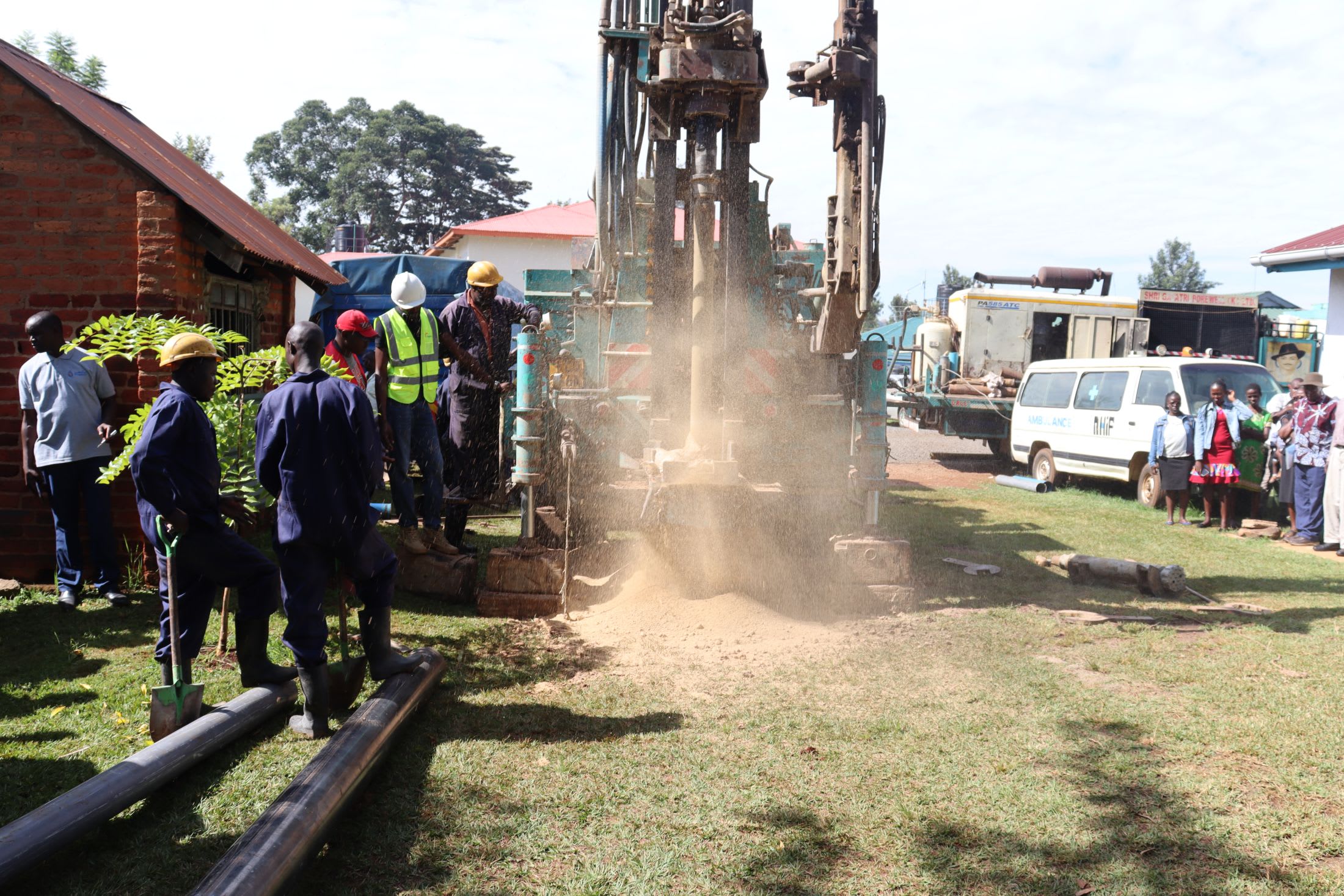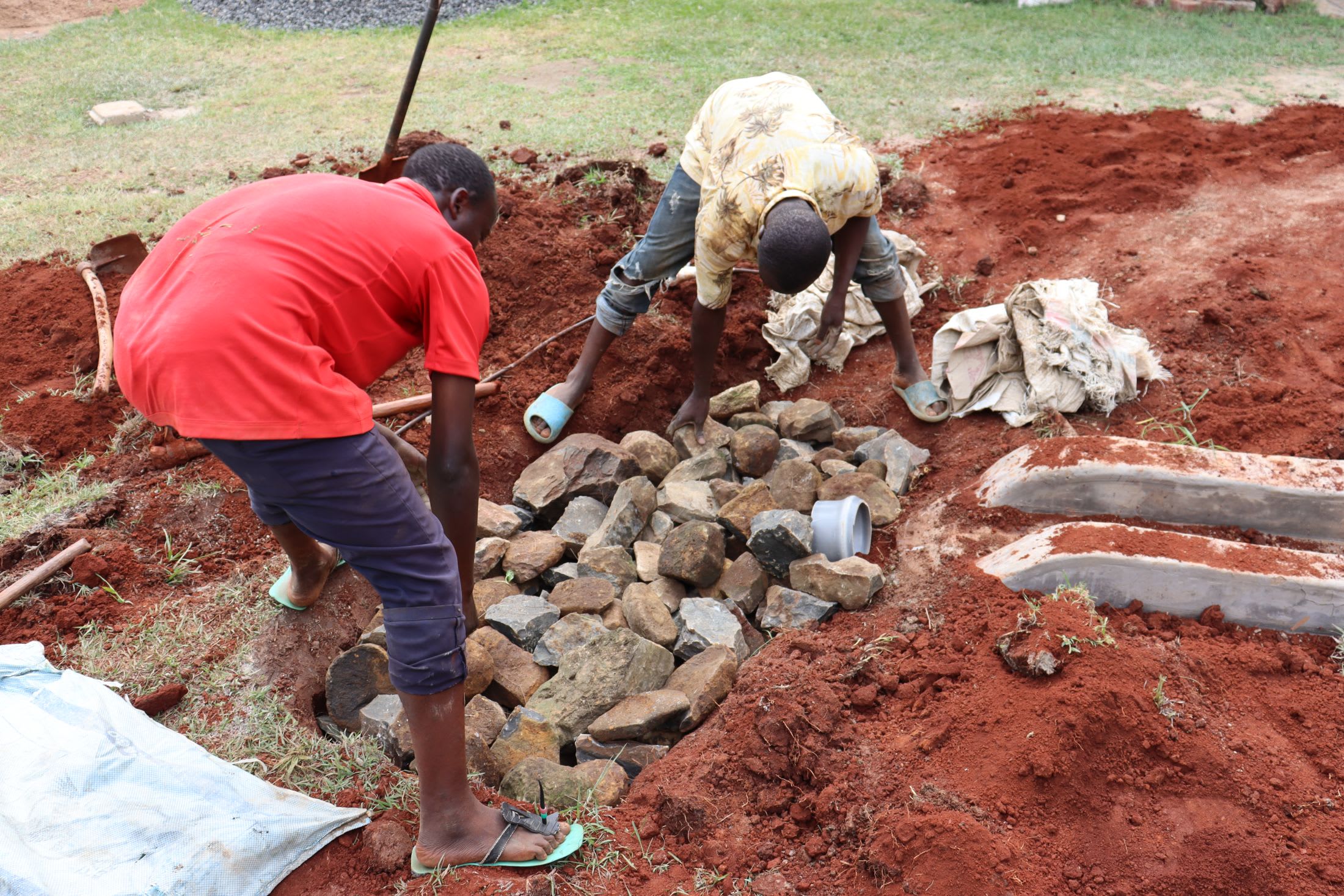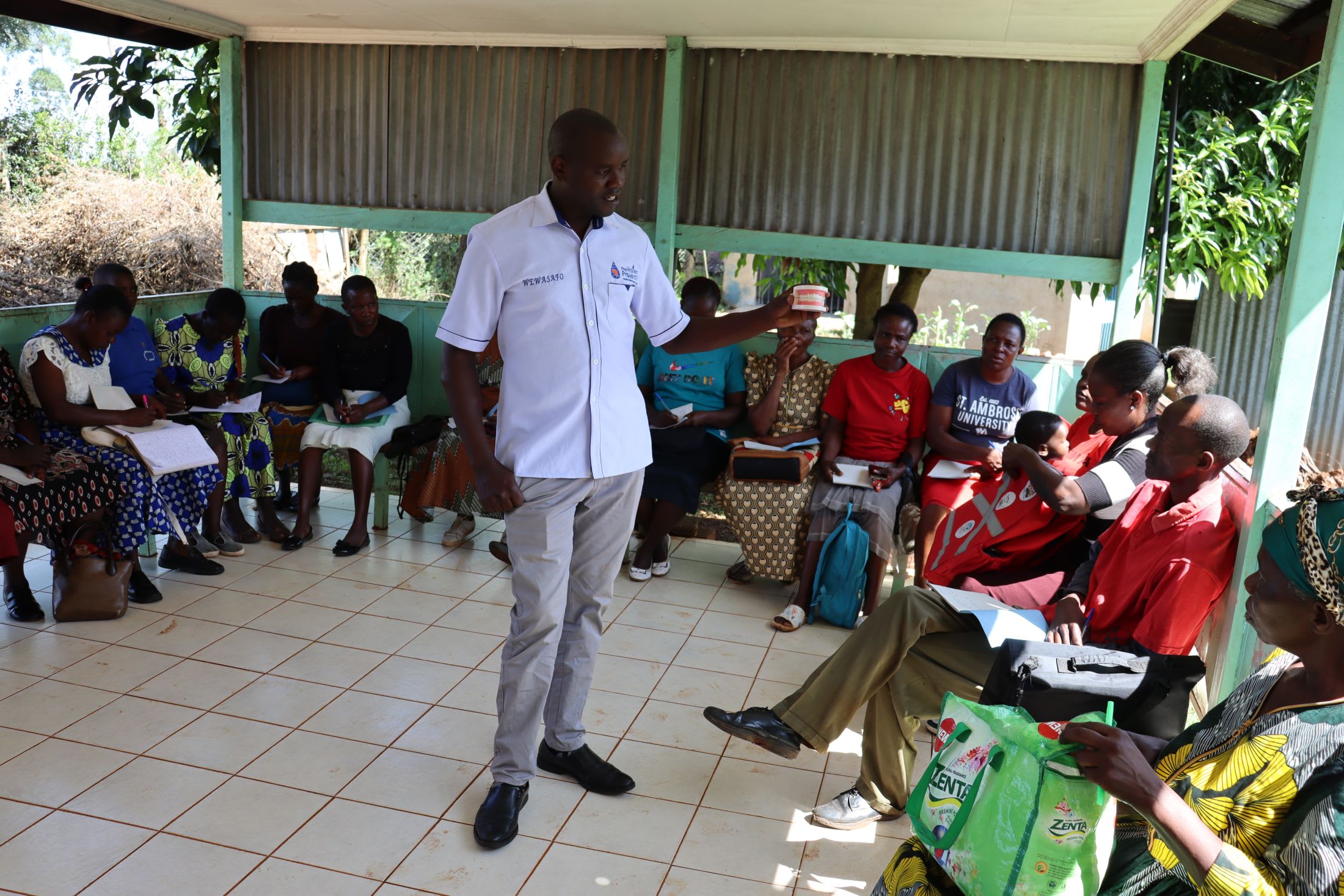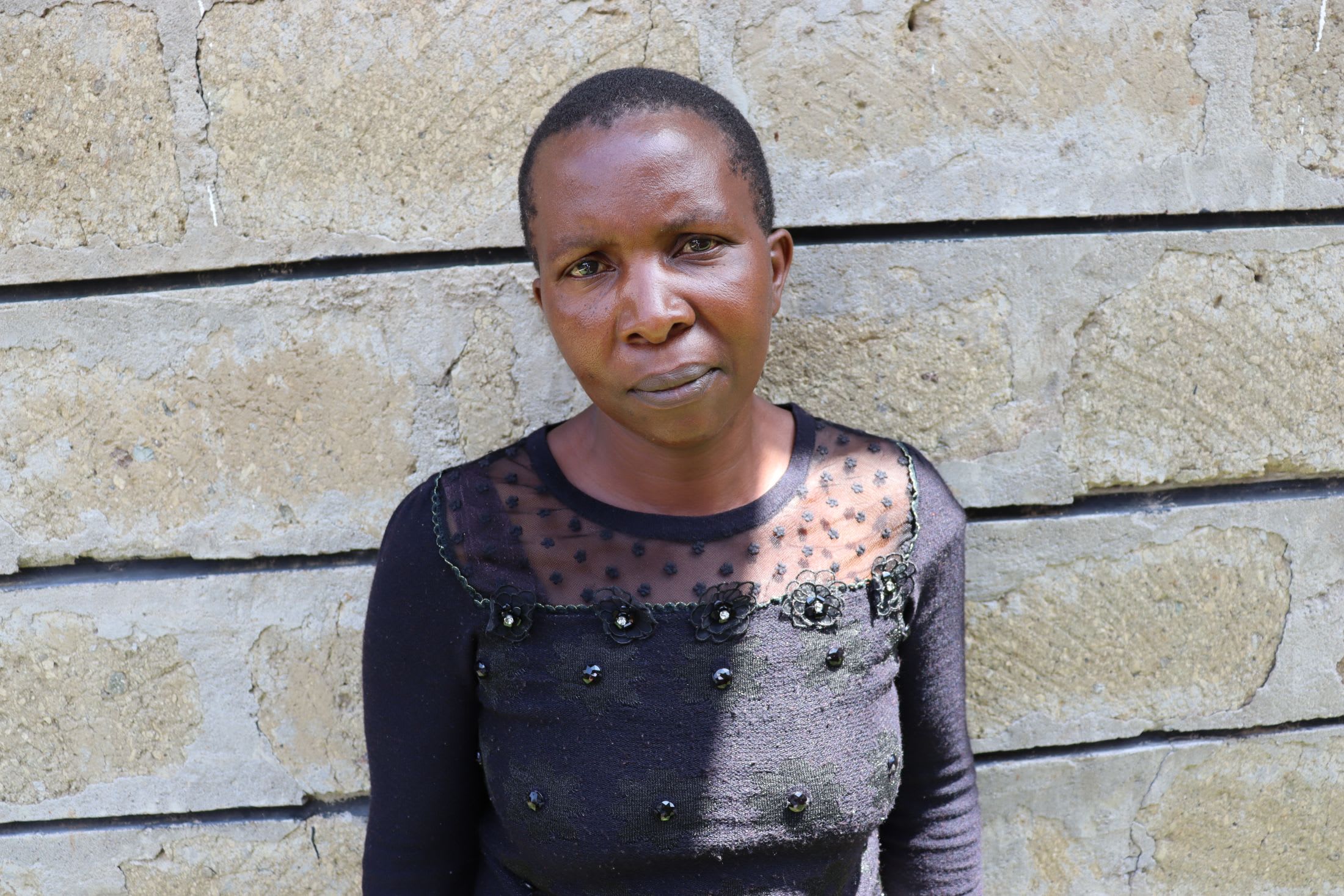The 46 staff members who work at Emuhaya Subcounty Hospital struggle to obtain the necessary water to meet their patient's daily needs. Although they do their best to serve those who come to them for treatment, providing proper medical care is difficult with too little water.
The hospital provides several different types of services; dental care, laboratory, radiology, pharmacy, immunizations, a TB clinic, pediatrics, labor and delivery services, surgeries, and emergency care. On average, the hospital serves 112 outpatients and 75 inpatients daily, so water is critical, and without it, everyone suffers.
"The health facility faces challenges in [the] supply of clean, safe water throughout the year. Currently, the institution depends on [a] rainwater harvesting tank [system] located in the compound, which is insufficient," said field officer Samuel Samidi.

"The rainwater harvesting tanks are not sufficient. On several occasions, they run dry, forcing the institution [to] source water from outside."
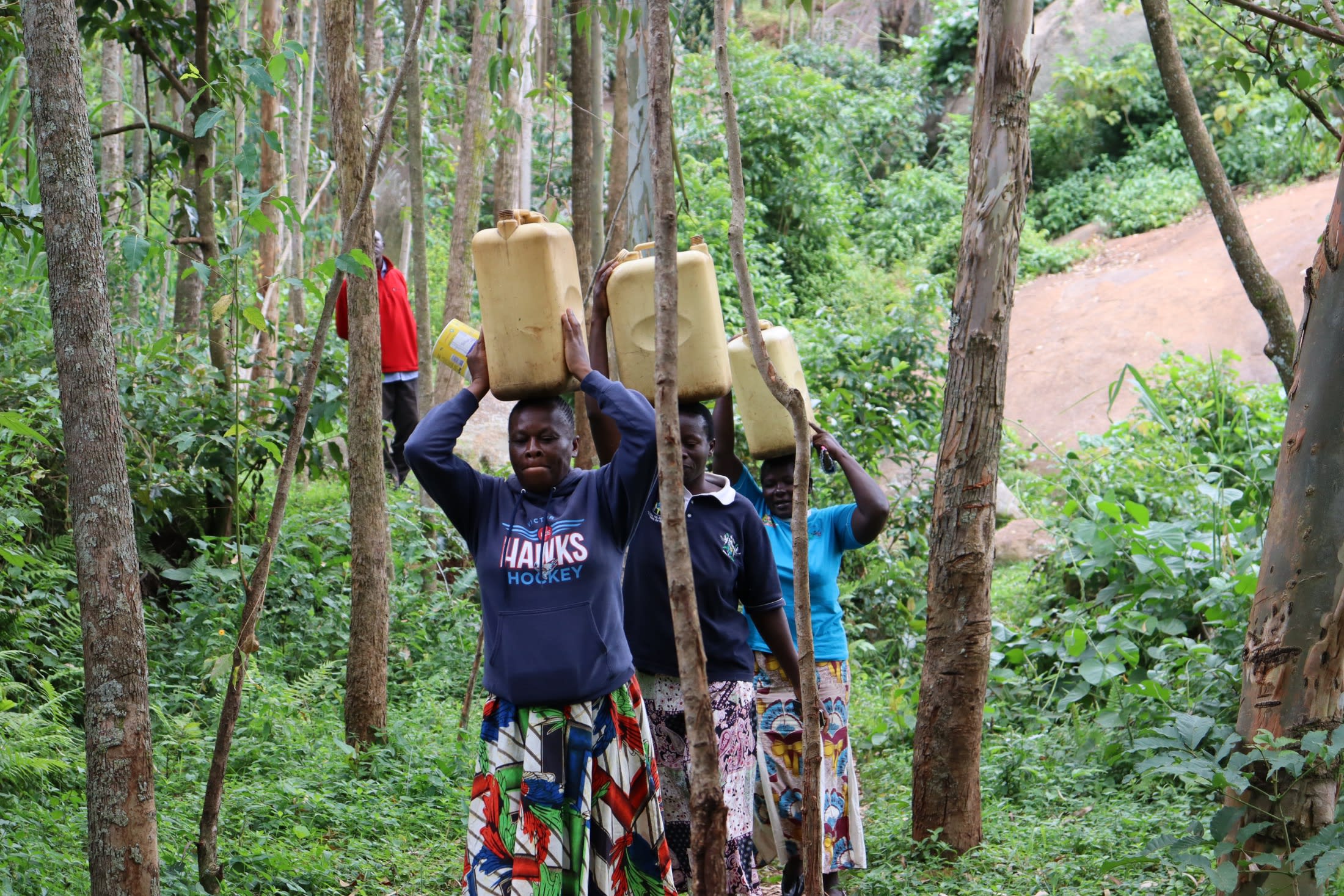
The rain tank on the health center's campus is not large enough to hold adequate water for everyone's needs and quickly runs dry. When it empties, the staff must find water in other places like the local unprotected spring or have water delivered, which is too costly.
"The unprotected spring is open to contaminants, difficult to access, [and] does not provide enough water for its dependants, especially during prolonged drought," continued Samuel.

"Use of water from the unprotected spring endangers the health of members of the health facility. Members are at risk of contracting cholera, typhoid, or other water-related illnesses," said Samuel.
"I have been a victim of consuming contaminated water. I have been diagnosed with typhoid, not once but twice, forcing me [to] seek medical attention," said 46-year-old community health worker Doreen Oyiko (seen below).
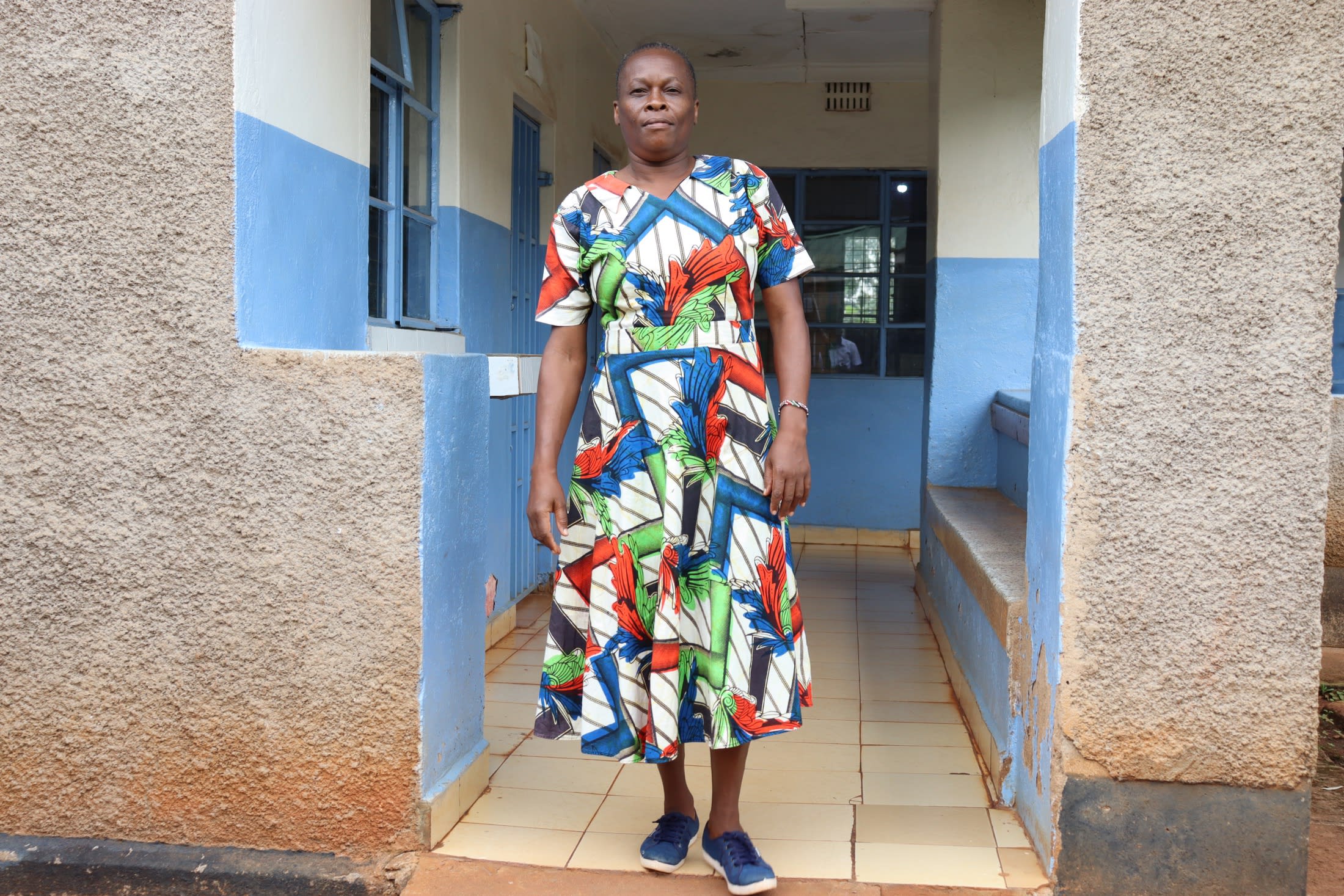
But water-related sicknesses are not the only way the lack of water impacts the center. When staff have to leave the facility to find more water, their daily activities can not be completed, and patients needing emergent care are left without help and put at risk.
"Installation of a borehole will allow the institution access [to] clean, safe, sufficient water at any time of need. Availability of water will help improve the hygiene and sanitation standards of the institution and the surrounding communities at large," concluded Samuel.
Installing a well will enable staff members to provide better care for patients, and the 300 community members who live near the health center will also be able to access water to help meet their daily needs. Then everyone can stop relying on the unprotected local spring that is making them ill.

"Lack of clean, safe, reliable water is a challenge in this community. Our main source of water in this community is the unprotected spring which serves a big population. Water from the source is not safe for drinking as [it] is exposed to contaminants. Once, I have fallen victim [to] typhoid, which forced me [to] seek medical attention at our local hospital. I had to abscond classes which greatly affected my overall performance," shared 12-year-old Christopher C., shown above collecting water from the unprotected spring.
The Proposed Solution, Determined Together...
At The Water Project, everyone has a part in conversations and solutions. We operate in transparency, believing it benefits everyone. We expect reliability from one another as well as our water solutions. Everyone involved makes this possible through hard work and dedication.
In a joint discovery process, community members determine their most advantageous water solution alongside our technical experts. Read more specifics about this solution on the What We're Building tab of this project page. Then, community members lend their support by collecting needed construction materials (sometimes for months ahead of time!), providing labor alongside our artisans, sheltering and feeding the builders, and supplying additional resources.
Water Access for Everyone
This water project is one piece in a large puzzle. In Kenya, Sierra Leone, and Uganda, we're working toward complete coverage of reliable, maintained water sources that guarantee public access now and in the future within a 30-minute round trip for each community, household, school, and health center. One day, we hope to report that this has been achieved!
Training on Health, Hygiene & More
With the community's input, we've identified topics where training will increase positive health outcomes at personal, household, and community levels. We'll coordinate with them to find the best training date. Some examples of what we train communities on are:
- Improved hygiene, health, and sanitation habits
- Safe water handling, storage & treatment
- Disease prevention and proper handwashing
- Income-generation
- Community leadership, governance, & election of a water committee
- Operation and maintenance of the water point
Handwashing Stations
Alongside each water source, we also provide two new gravity-fed handwashing stations that will allow everyone at the health center to wash their hands without running water. Handwashing is so important to help prevent illnesses, especially at a health center where hygiene is critical to vulnerable patients.
The health center staff will maintain the stations, fill them with water, and supply them with soap.
VIP Latrines
In addition, we will construct two triple-door Ventilated Improved Pit (VIP) latrine blocks designed to prevent fecal disease transmission. Each latrine will have a cement floor, which is easy to use and clean regularly.





 Borehole Well and Hand Pump
Borehole Well and Hand Pump
 Rehabilitation Project
Rehabilitation Project












